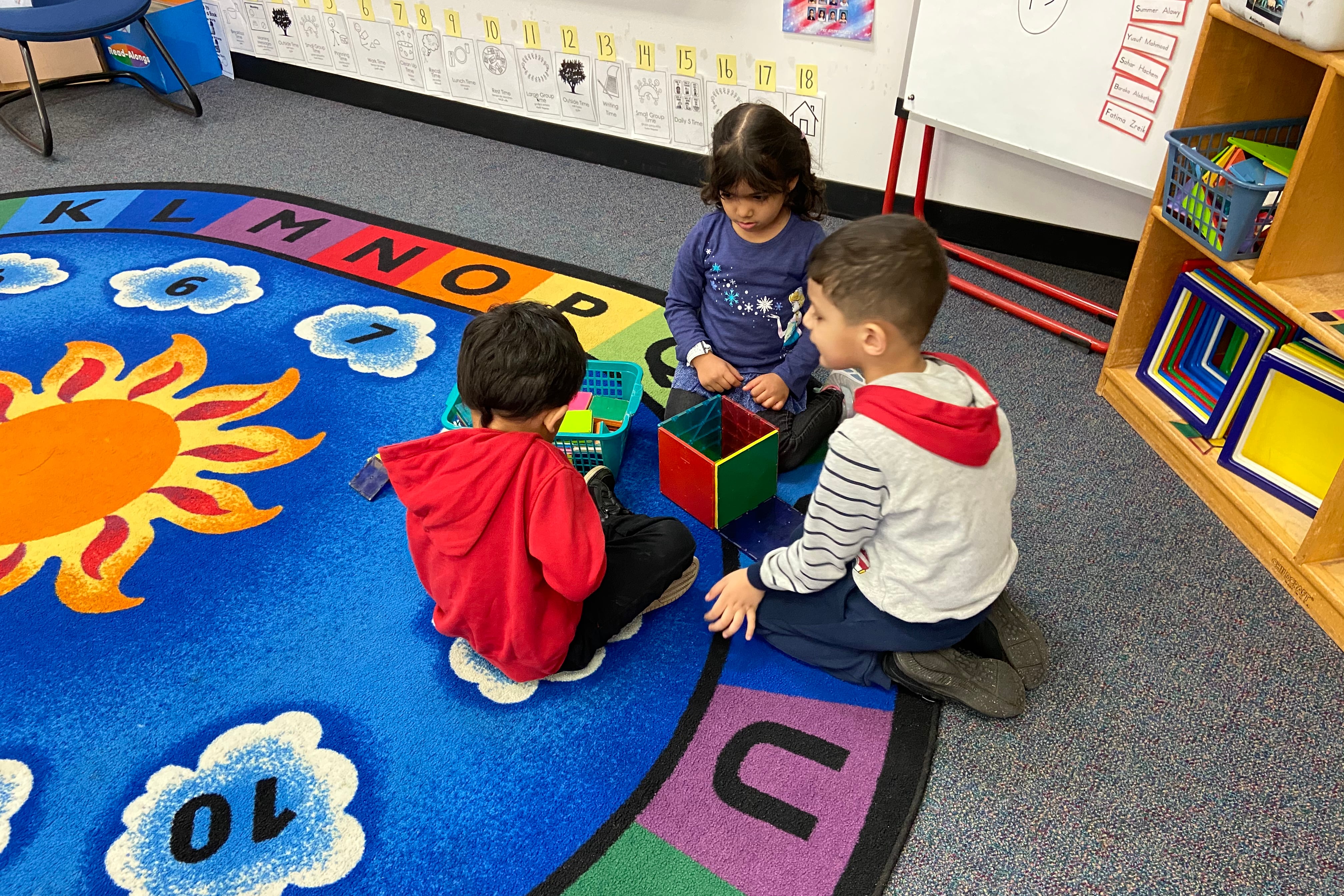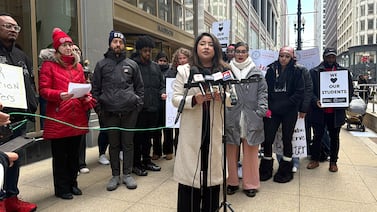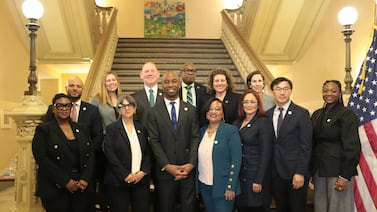Michigan will distribute $130 million to child care providers to help them weather the coronavirus crisis.
Providers can begin applying for grants today, according to a statement from Gov. Gretchen Whitmer. While some child care centers rely on state funding that has continued during the pandemic, many others operate as private businesses that can’t survive long without payment from families, many of whom are staying home to prevent the spread of the new coronavirus.
Whitmer said during a press conference that the grants will ensure child care centers “have resources they need to reopen for Michigan’s workforce when the recovery process begins and grows, when more families are in need.”
Michigan’s education department will distribute the money, $100 million of which comes from the federal coronavirus relief package and $30 million from the state’s child care fund.
“This crisis has unfortunately revealed the fragility of the child care system,” said Gilda Jacobs, president and CEO of the Michigan League for Public Policy in a statement. Child care is “too costly for parents and child care providers.”
Providers can apply for grants starting at $1,500 for in-home operations and $3,000 for child care centers. Providers who have remained open to the children of emergency workers during the crisis will be eligible for more funds, as will those who enroll more children or have a higher quality rating from the state.
Jacobs said more funds would likely be needed to cushion the blow of the pandemic to the state’s child care system.
“This should be the beginning, not the end, of investments in a child care system that was struggling before this public health emergency,” she said. “With a clearer picture than ever of the importance of child care and an influx of billions of dollars in federal money, we need to make sure the needs of kids and working parents, especially those with lower incomes, remain paramount.






